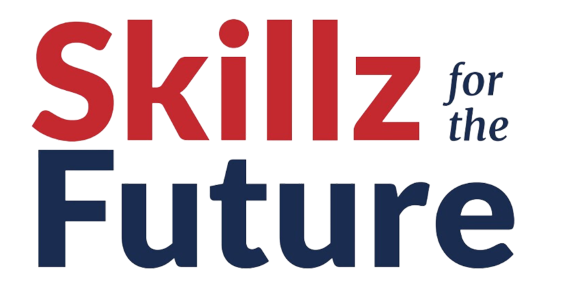Mentoring is a dynamic relationship, a transformative journey where mentors play a pivotal role in guiding and supporting their mentees. To be an effective mentor requires a unique set of skills and an unwavering belief in the potential of the learner. This exploration delves into the essential skills needed to foster a successful mentoring relationship and navigate its evolving dynamics.
Building a Mentoring Relationship
Managing the Process: Mentors serve as architects, designing the foundation of the mentoring relationship. Organizational skills are paramount as mentors take charge of practicalities, ensuring that the mentoring process is seamlessly orchestrated. From setting a contract to organising essential elements, mentors establish the groundwork for a productive journey.
The Contracting Process: Contracts, whether formal or informal, underpin the mentoring relationship. Mentors guide discussions on the duration of the mentorship, initial goals, meeting logistics, and review processes. The art of contracting involves clarifying objectives, setting goals, and fostering an environment conducive to learning.
Emotional Intelligence: The early stages of a mentoring relationship demand emotional intelligence. Mentors initiate exploratory conversations to determine compatibility. Building rapport fosters trust, and sharing personal stories cultivates a sense of connection. Emotional intelligence enables mentors to navigate and respond to the learner’s emotions and feelings.
Ethical Considerations: Ethics form the backbone of good mentoring. Acknowledging the learner’s responsibility for their own learning, respecting their decisions, and maintaining confidentiality are ethical imperatives. Clear communication about the limits of confidentiality, especially in sensitive situations, establishes a foundation of trust.
Evolving Dynamics: As the mentoring relationship progresses, the mentor relinquishes some control to the learner. The mentor’s role shifts to supporting the learner’s autonomy and goal focus. A coaching approach becomes valuable, emphasising reflective practice and communication skills to ensure mutual understanding.
A Theoretical Underpinning: Mentors benefit from a theoretical toolkit, including models like Myers-Briggs Type Indicators, the Ladder of Inference, and Transactional Analysis. These models offer frameworks for understanding behaviour and learning styles, aiding the learner’s self-awareness and growth.
Reviewing and Ending the Mentoring Relationship
Regular Review: Regular reviews are the lifeblood of an effective mentoring relationship. Pausing at the end of each session to assess progress, clarify objectives, and gather feedback is crucial. Periodic reviews offer a broader evaluation, celebrating achievements and providing insights for improvement.
Learning from Closure: The closure of a mentoring relationship, whether planned or perceived, should be a reflective learning experience for both mentor and learner. Acknowledging the end with a comprehensive review fosters closure and ensures that both parties glean insights for future growth.
Your Mentoring Skills and Approach
Continuous Learning: Mentoring is not a static role but a continuous learning journey for both mentor and learner. Seeking feedback, adapting mentoring styles, and recognising the uniqueness of each learner contribute to ongoing development. Flexibility emerges as a key asset when working with diverse learners, requiring adaptable approaches.
In conclusion, effective mentoring is an art that intertwines organisational acumen, emotional intelligence, ethical considerations, and continuous learning. A mentor’s belief in the learner’s potential serves as the guiding light through this transformative odyssey. As mentors sculpt the future of their mentees, they also mould their own path of growth, embodying the essence of mentorship.
